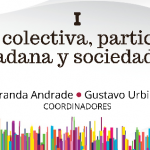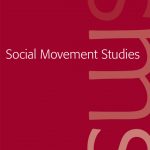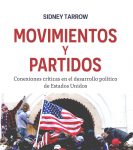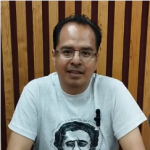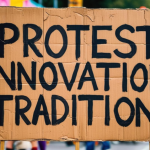
La Universidad Autónoma Metropolitana, Unidad Iztapalapa a través de la División de Ciencias Sociales y Humanidades y el Departamento de Sociología invitan al público interesado al 1° Coloquio del Área Académica Estado y Movimientos Sociales 28 y 30 de octubre de…




